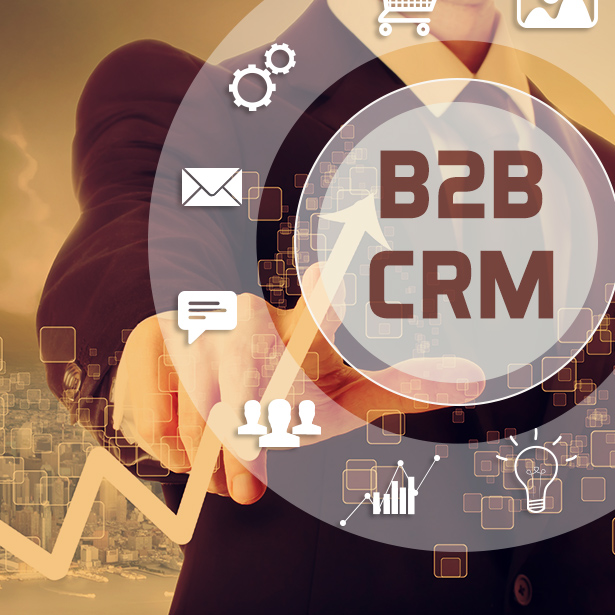For many B2B organizations, CRM is just a database which hardly finds a mention. CRM helps to reach out to influencers and decision makers with targeted messages. The B2C space has been focused on using CRM data to improve market knowledge and effectively forecast customer behavior. While the information becomes a gold mine, missing out details about B2B customers can prove damaging to customer retention. Be it cloud or premise CRM, it proves to be a ‘friend in need’ in the information age.
Rich opportunities for delivering customer delight
CRM databases capture a wide variety of customer information like online activity, call details, buying habits, attitudes, behavioral patterns, volumes, value, turnovers, etc. Organizations can leverage such BI to deliver niche targeted messages and products at every stage of the marketing funnel that can facilitate the buying behavior and satisfaction. With innate knowledge about customer activities, a seamless experience for every individual customer is plausible while using predictive models.
Efficient data management
Data of immense value is not locked away in spreadsheets or paper files. The sales, customer, supply chain, and multitude of information can be effectively displayed on reporting dashboards that can help understand information and enhance the decision-making capabilities of the user. Better technology can help if there is a prevailing consensus for a transformation from descriptive to predictive.
Enables pre-emptive actions
CRM modules help in effective reporting and identify behaviors and patters that are prevalent in the market. The availability of real-time information empowers decision makers to undertake corrective actions without compromising the organizational or brand integrity. CRM modules should be time tested before they are relied on fully. However, the shift towards new outcomes becomes and noticeable within weeks.
Creates a shared environment
Data is never locked away in silos, but shared across the organization with role-based access controls. Every department may have equal access to all the information with proper authorization. This helps in taking the client relationship to the next level with consistent engagement and solution centricity. It also creates a knowledge repository for the organization to meet business goals.
B2B organizations are much more vulnerable if effective CRM solutions are not implemented. The customer relationships need to be monitored and taken to a molecular level so that every aspect is effectively valued as a profit center.



